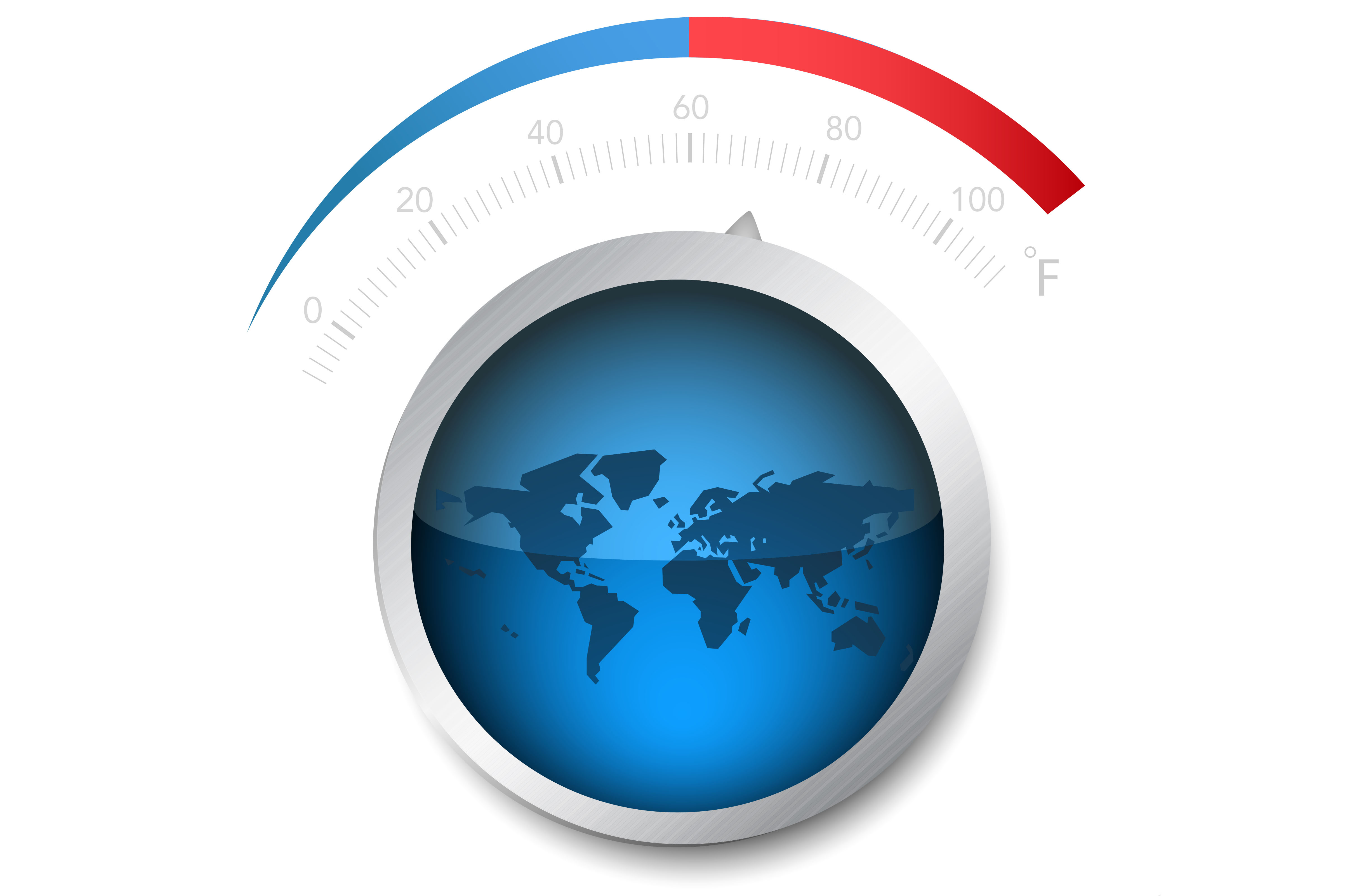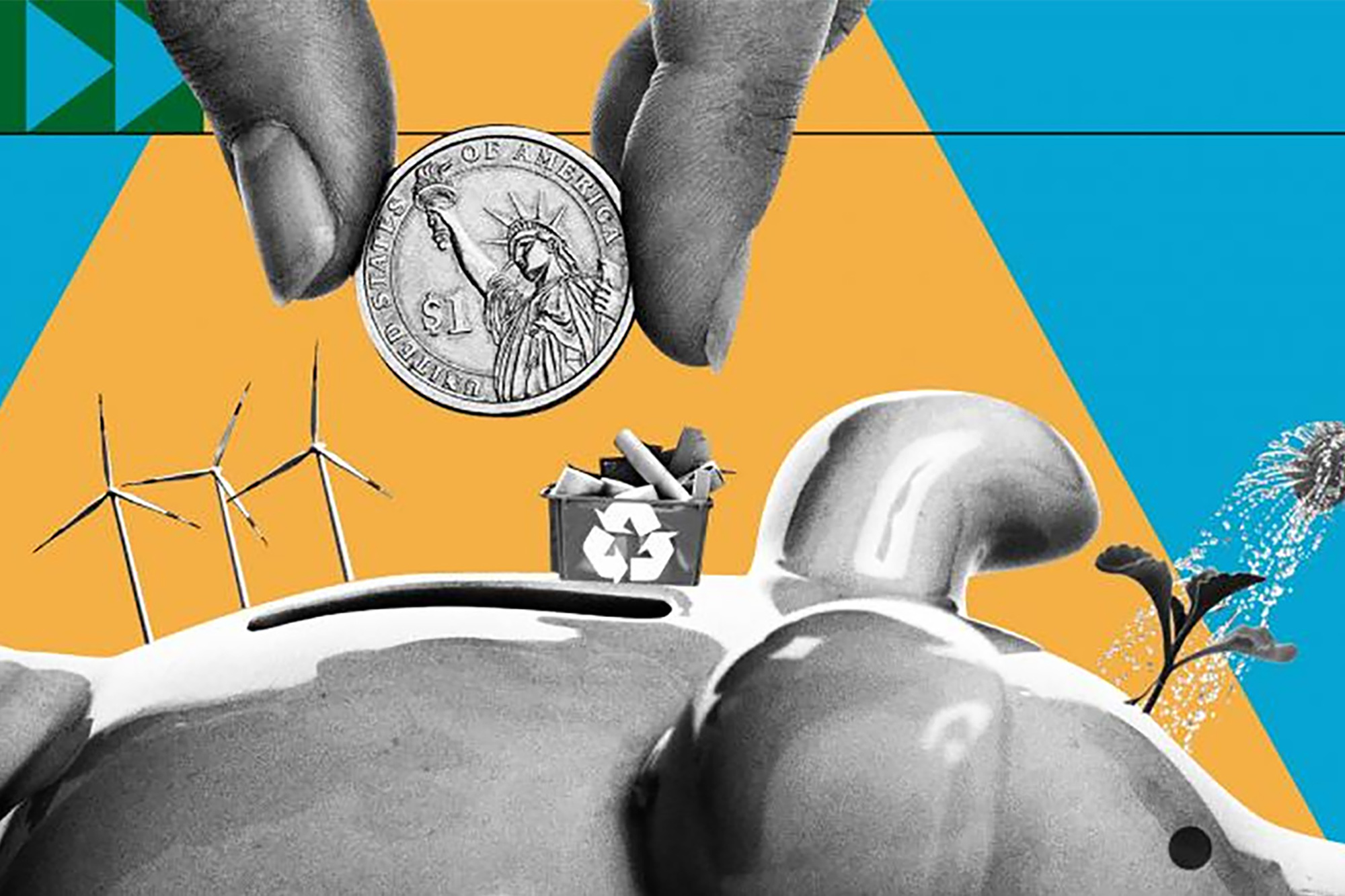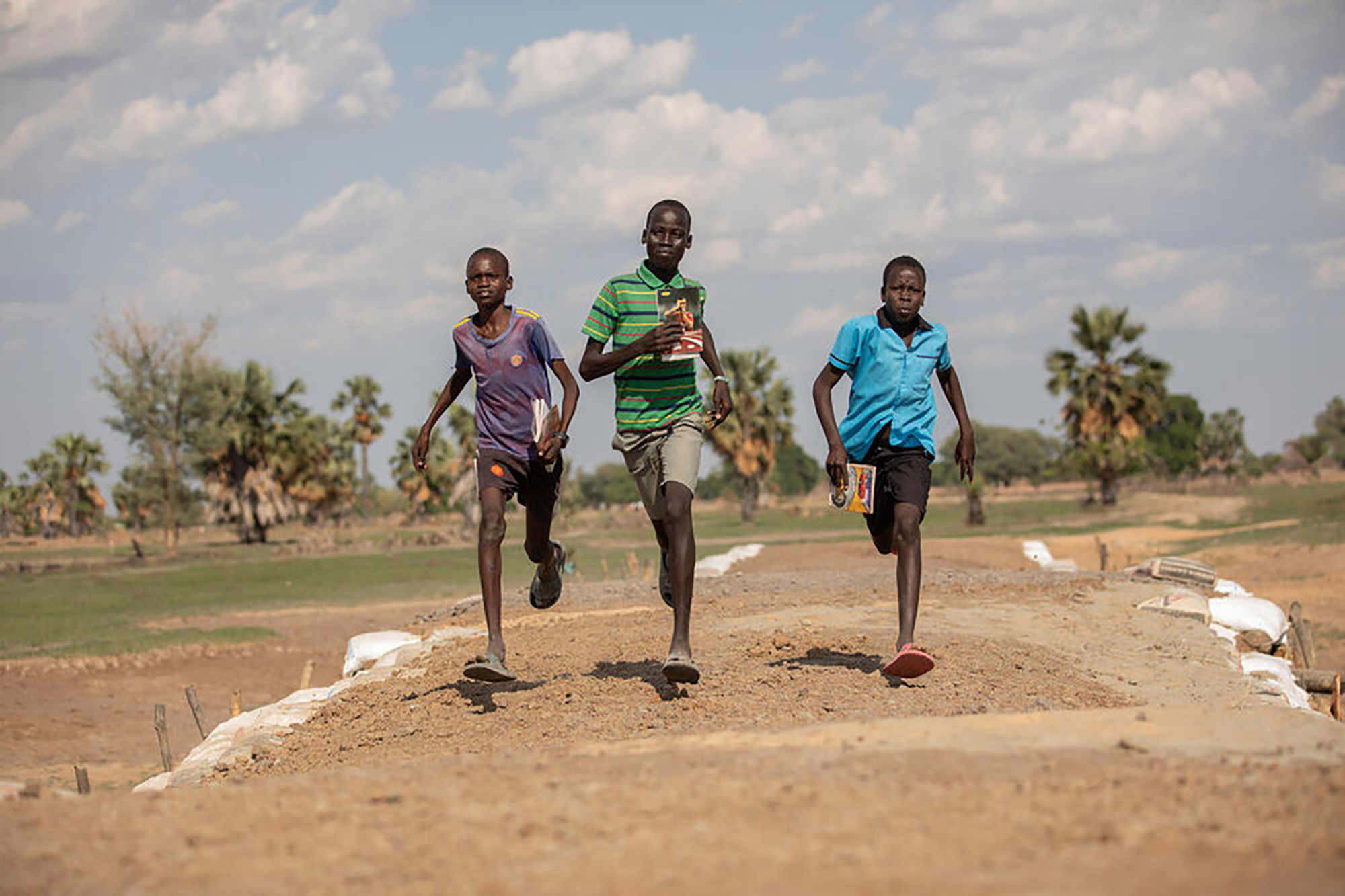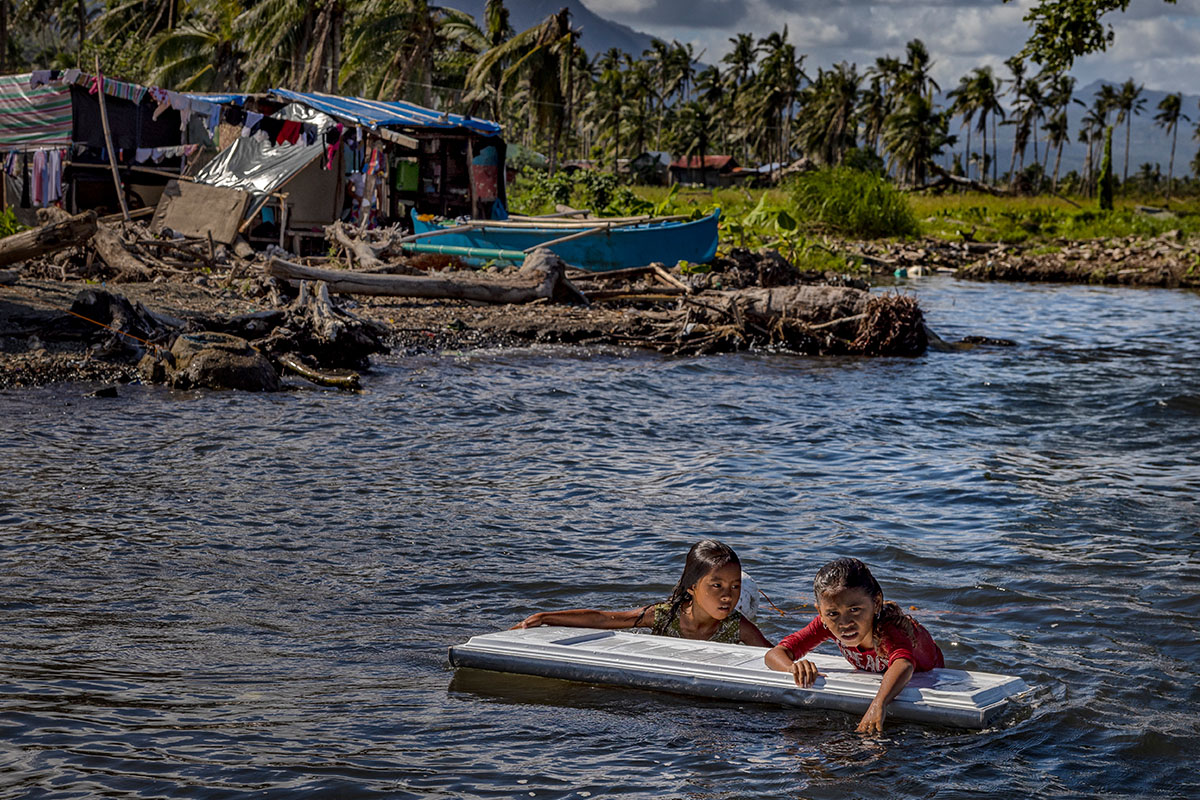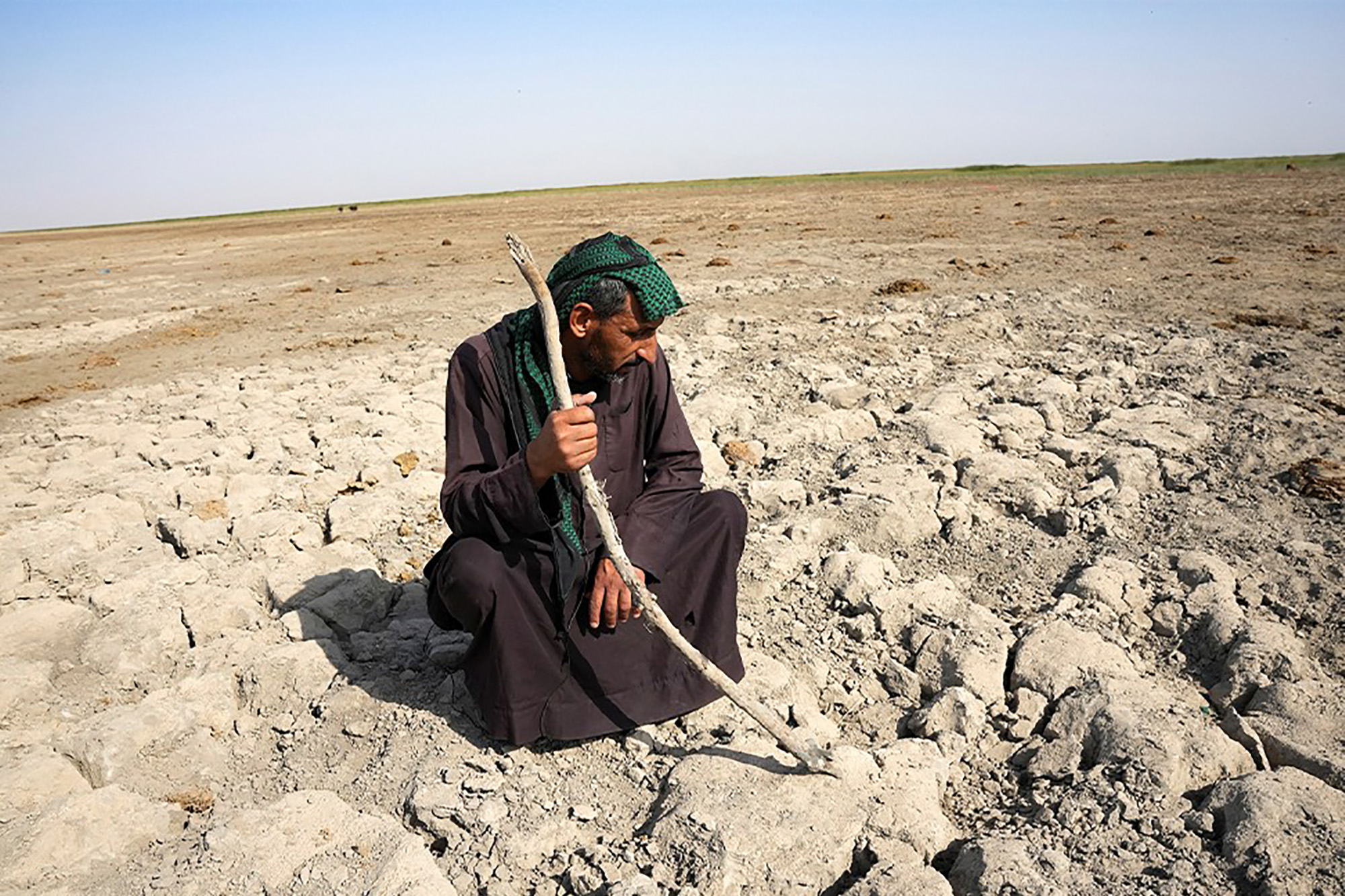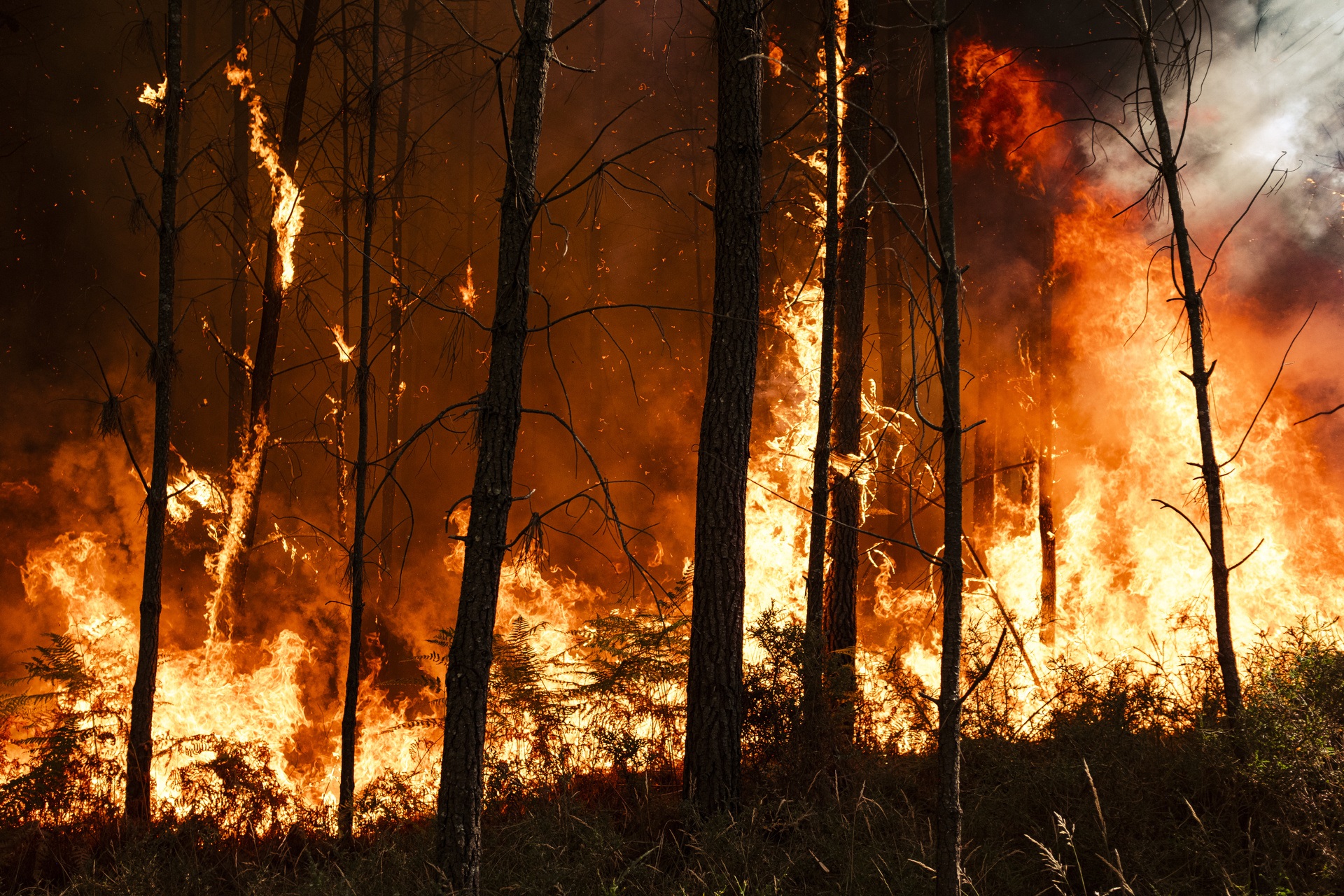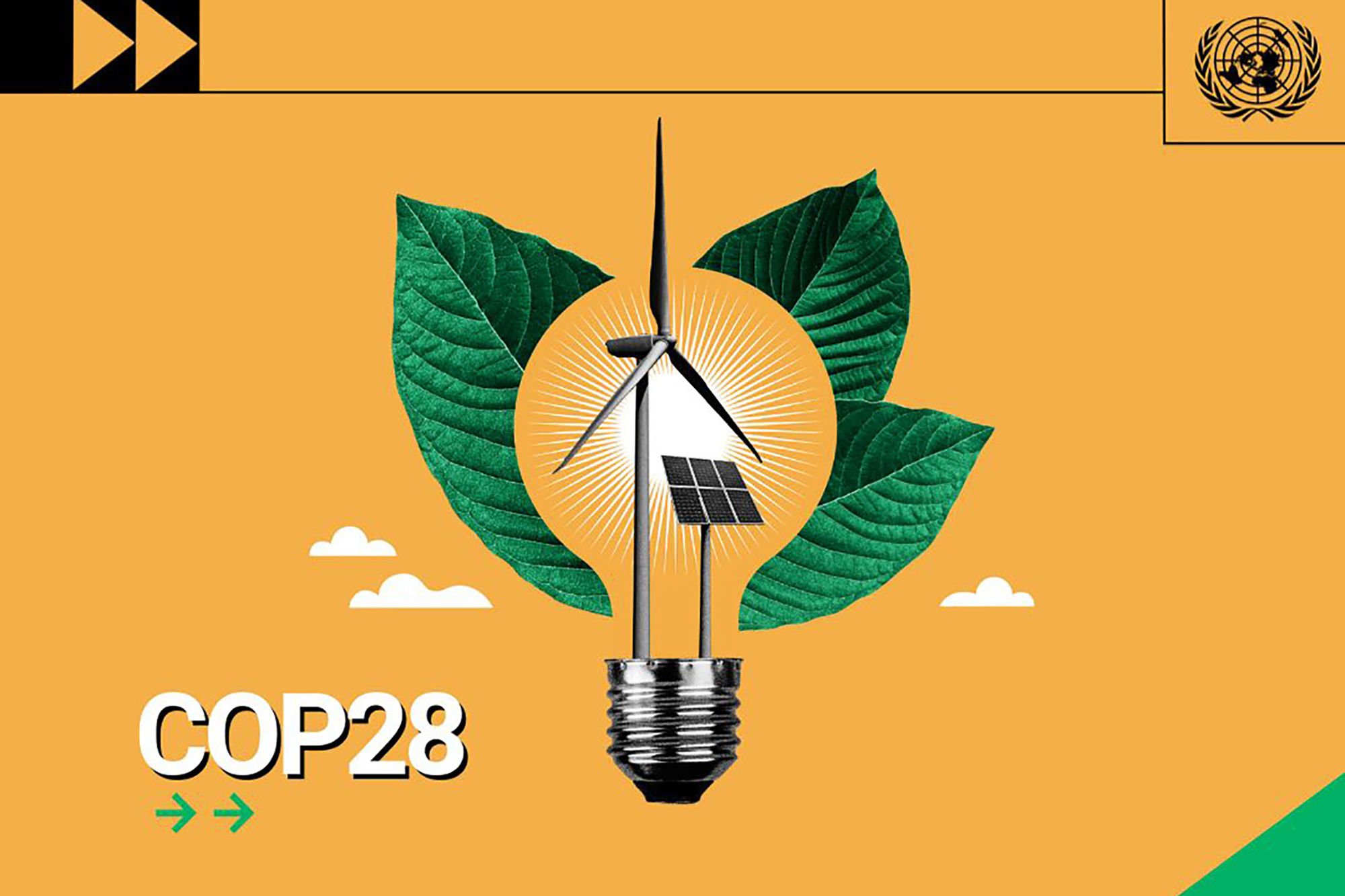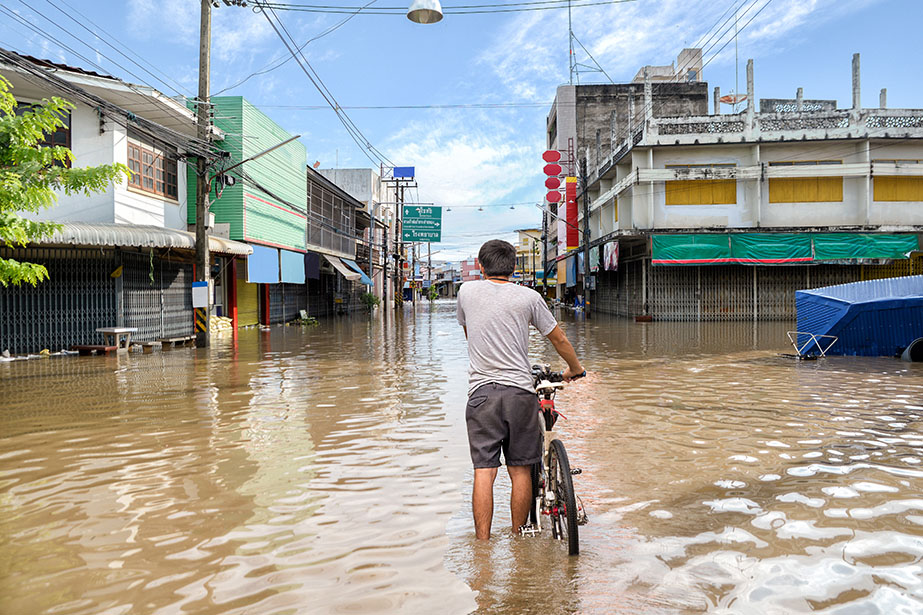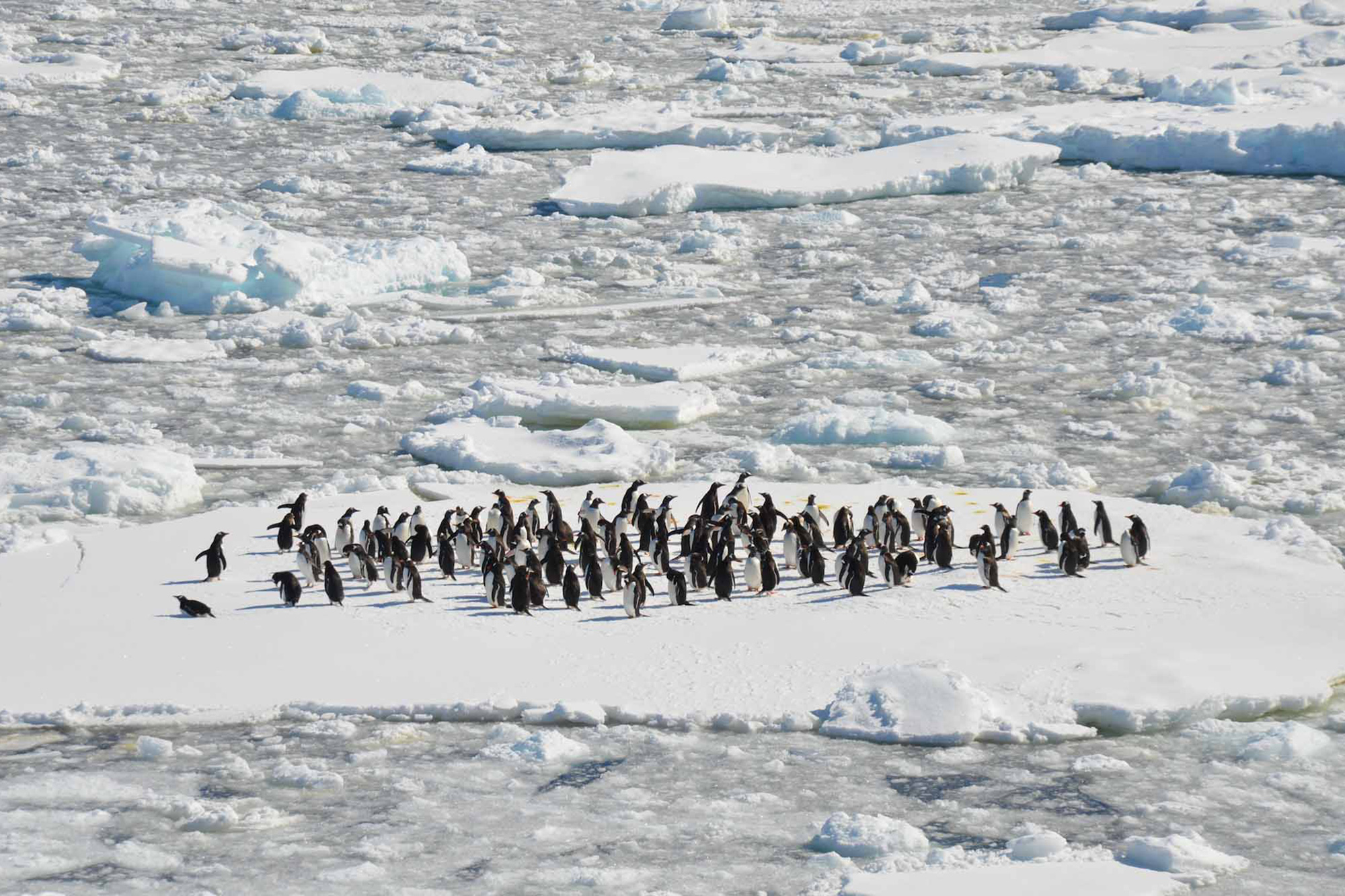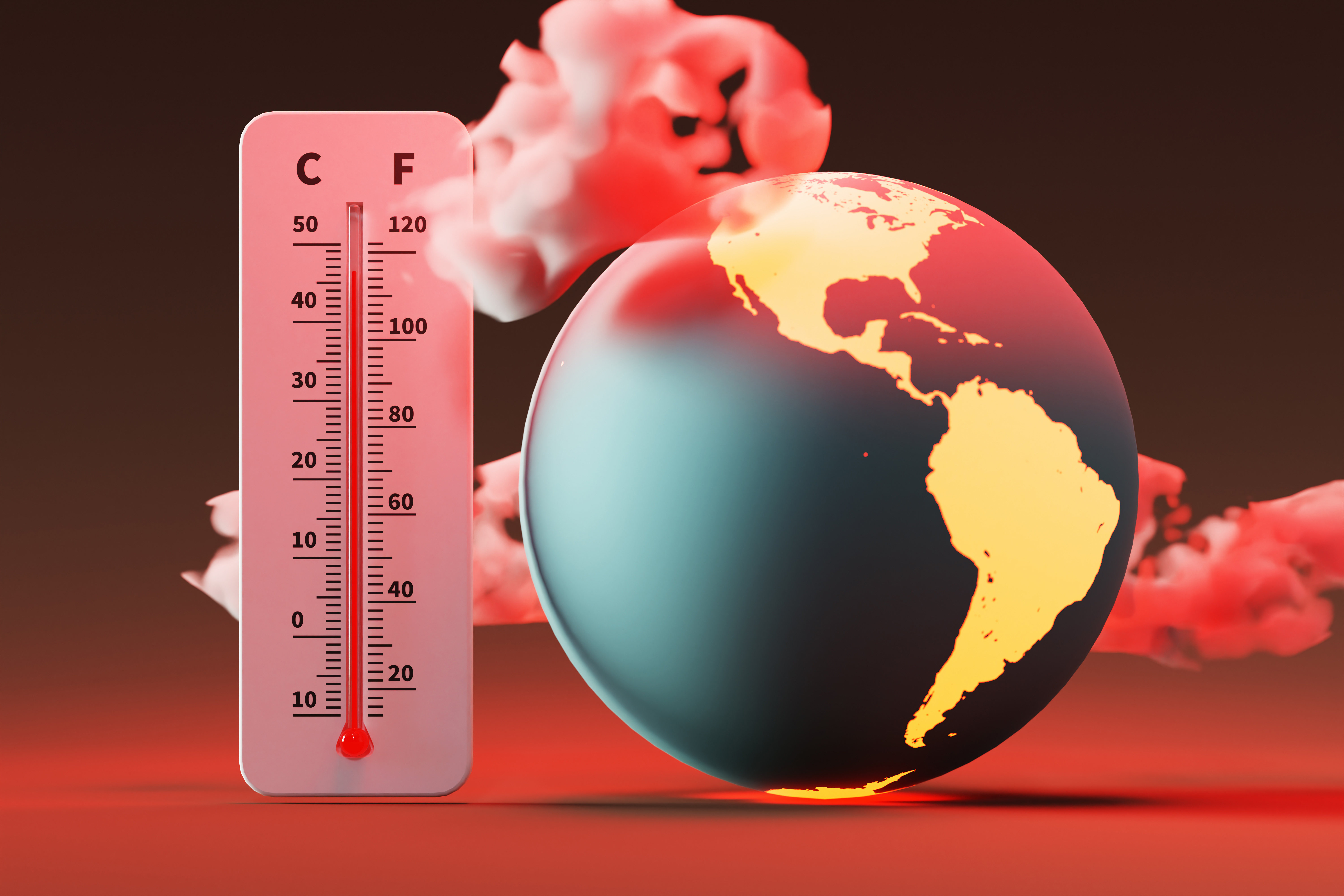For small-scale farmers, the climate nightmare is real, and they are severely underfunded. They urgently need support to adapt to a changing world. Here are three calls to action from IFAD.
The release of UNEP's Global Cooling Watch Report 2023: Keeping it chill highlights the importance of passive cooling alternatives to energy-hungry air conditioners.
Reaching our climate goals requires huge investments, and every part of the finance sector plays a significant role in achieving them. This is why the UN Environment Programme has launched a new net-zero finance alliance, the first of its kind, involving public finance institutions via export credit agencies. The alliance is committed to supporting initiatives that promote a net-zero greenhouse gas emission by 2050, in line with a 1.5°C world. The announcement coincides with a thematic Finance Day at COP28, which promotes a sustainable future with diverse public and private finance solutions.
Putting food on the table is a challenge for millions worldwide, especially those who have to deal with the aftermath of climate disasters. Last year, the World Food Program assisted more than 15 million people in 42 countries, helping them withstand droughts, floods, storms, and other climate shocks. However, as climate impacts drove nearly 57 million people into hunger last year alone, many more people require protection. At COP28, world leaders must increase support for those affected by the worst climate disasters worldwide. This can be achieved through funding to strengthen local systems and capacities in conflict or fragile settings, enhancing loss-and-damage support, and transforming the systems that bring food to our tables.
In the face of climate change, pastrolists in South Sudan are losing their livestock and in turn, their livelihoods. With support of FAO through funding from the Africa Development Bank, pastoralists like Lokuru, now have enough water for the animals.
During extreme weather events, women face heightened vulnerabilities among them, increased gender-based violence. As we mark COP28, here are 5 things women and girls are demanding.
The Marsh Arabs, the wetlands' indigenous population of Iraq, have fished and cultivated crops for 5,000 years, raising water buffaloes and building houses from reedbeds on floating reed islands at the place where the Tigris and the Euphrates rivers meet before flowing into the Gulf. But climate change, water pollution, oil exploration and the construction of upstream dams threaten the survival of this delicate ecosystem and its ancient Mesopotamian culture, which some trace back to the Sumerians. Jassim Al-Asadi, head of the leading conservation group Nature Iraq, warns that a drought, which is now in its fourth year, is turning vast areas of once flourishing wetlands and agricultural land into desert. As a result, salinity is rising in the shrinking channels and waterways, killing fish and making buffaloes sick.
The World Health Organization (WHO) and the global health community are urging negotiators to prioritize the impact of climate change on health in the upcoming COP28 negotiations. Climate change is already affecting our health and contributing to the spread of infectious diseases. Extreme weather events will also strain healthcare infrastructure. Urgent mitigation measures, including transitioning to clean energy sources, are necessary to protect human health and create sustainable outcomes. To reduce the negative impact on health, the health community stresses the importance of reducing and stopping emissions. According to WHO, 7 million premature deaths annually are attributed to air pollution.
With global temperatures hitting record highs and extreme weather events on the rise, this year's United Nations Climate Change Conference (Dubai, November 30 - December 12), known as COP28, is a critical opportunity to correct course and accelerate action to tackle the climate crisis. At COP28, the world will take stock of progress on the Paris Agreement - the landmark 2015 climate deal - and bring together leaders from governments, businesses, NGOs and civil society to find concrete actions to dramatically reduce emissions and protect lives and livelihoods. Follow our live blog.
Climate change has caused an increase in uncertainty about our future. The unprecedented mobilization of young people worldwide shows their immense power to hold decision-makers accountable. Their message is clear: the older generation has failed, and the young will pay in full — with their very futures. A Global Conference of Youth (GCOY) is taking place ahead of COP28 in Dubai and provides a space for capacity building and policy training. GCOY also brings together all collected inputs, which will be directly fed into the climate negotiations via the official youth policy paper.
The link between humans and the environment must be preserved, for the benefit of safeguarding our planet for present and future generations to come.
As greenhouse gas emissions hit new highs, temperature records tumble and climate impacts intensify, UNEP's Report finds that the world is heading for a temperature rise far above the Paris Agreement goals.
The Secretary-General is traveling to Antarctica to witness the impact of the climate crisis firsthand. “Scorching temperatures mean Antarctic ice is melting ever-faster, with deadly consequences for people around the world,” said António Guterres. He’ll take his experiences to the UN climate change conference COP28 (30 November-12 December) where the world will take stock of progress on the Paris Agreement. Present trends are racing our planet down a dead-end three-degree temperature rise, but we know it is still possible to make the 1.5-degree limit a reality with climate action.
A new report by UNCTAD highlights the urgency of crisis-resilient development finance for Least Developed Countries (LDCs).
WMO warns that the ongoing El Niño event is expected to last at least until April 2024, influencing weather patterns and contributing to a further spike in temperatures, both on land and in the ocean.


